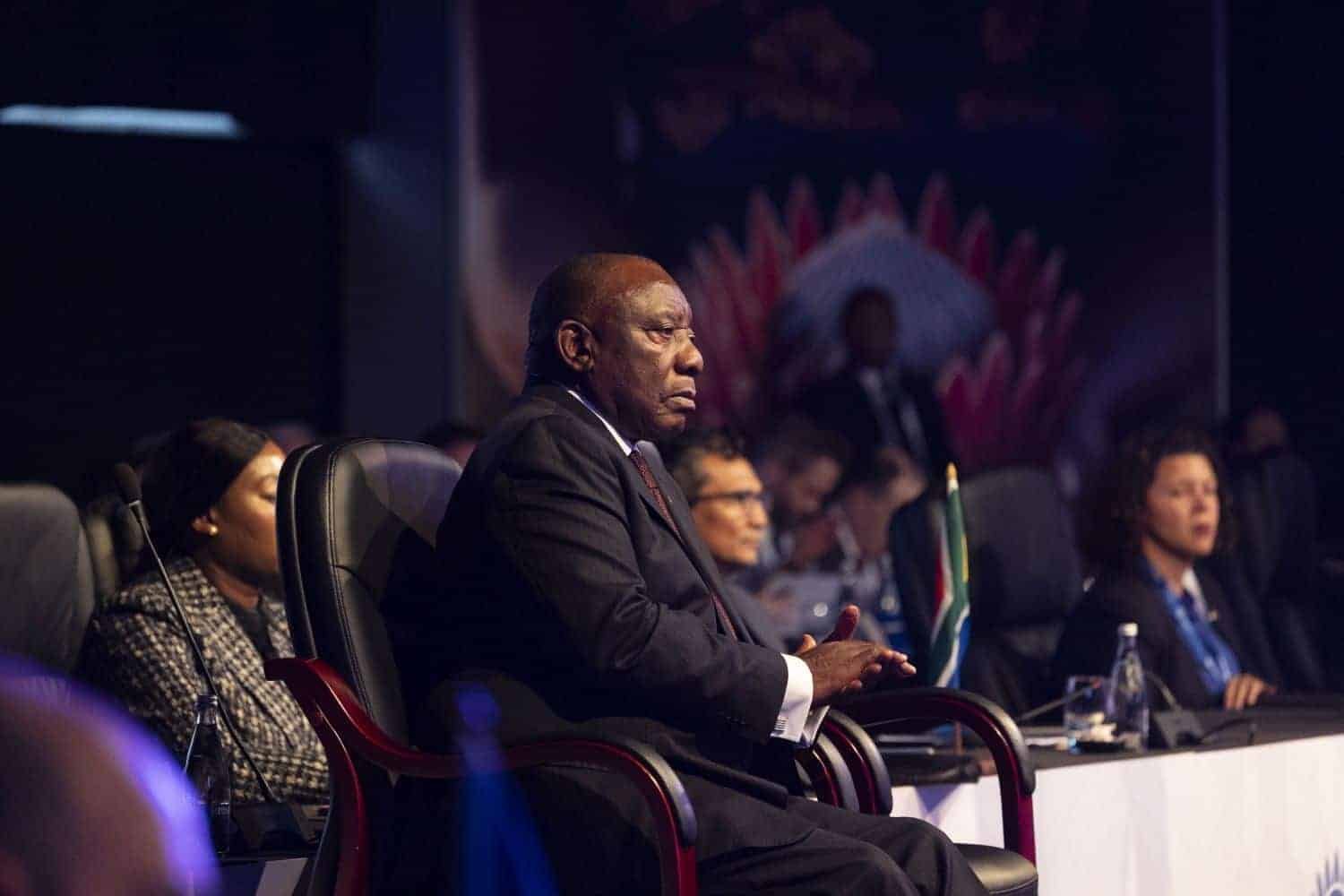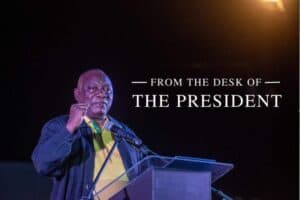Government is getting services for free but who will attend the National Dialogue? And will it just be a disastrous talkshop?

The Presidency has responded to concerns about the exorbitant cost of holding the National Dialogue this week, outlining measures taken, it says, will reduce the cost to the country.
The first phase of the dialogue, including local consultations, will lead to a National Convention on Friday, 15 and Saturday, 16 August 2025 at the University of South Africa (Unisa) campus in Pretoria. A second convention will take place in early 2026 to finalise and formalise policy.
Beyond concerns about inclusivity, timing, format, and political parties hijacking the dialogue to spread their ideology, many have criticised a reported R700-million price tag for the event.
In June, the Presidency dismissed this figure, saying the budget was yet to be decided. However, in a statement on Sunday, it addressed the matter again.
Free services
It claimed budgetary processes are “consistent with the Public Finance Management Act (PFMA)” and an Inter-Ministerial Committee had been working hard to manage costs.
Among its victories, it claims, was to get the venue and some services for free.
“As a response to the call for collaboration with other stakeholders to reduce the costs of the
National Dialogue, Unisa has offered to host the first National Convention and provide associated goods and services free of charge.
“As it stands, venues have been secured for the plenary, two overflow venues with
livestreaming, 10 breakaway venues, a dining area, and work areas.
“In addition, Unisa is providing facilities for an Operations Centre, which has been running over the past week, catering, ushers, AV services, printing of discussion documents, signage, conference bags,
notepads, pens and WiFi.”
READ MORE: National Dialogue will go ahead despite withdrawal of foundations, Ramaphosa says
More donations
The Presidency said other donations had been received for the National Dialogue digital platform and logistics.
“Some goods and services, such as the venue, screens for public viewing, and rail and road transport, are
being provided at no cost.
“The reduced costs associated with the hosting of the National Dialogue and the funding plan
are done with the intention to reduce the cost to the fiscus.”
Other budgets to play around with
The Presidency said the convention was also being funded from the existing budgets of National Economic Development and Labour Council (Nedlac) and the Presidency for secretariat support, communications and logistics.
The provisions in the Appropriation Act and the PFMA will be used to reimburse the Department of Employment and Labour and Nedlac in the adjustments budget later this year.
“All procurement and management of public funds will adhere to the PFMA and applicable
Treasury regulations. All funds will be accounted for through the normal public finance
mechanisms.
“The total budget for the National Dialogue will be developed as the structure and form of the
community dialogues are finalised by the Convention, and will depend on in-kind
contributions, donations and other resources that can be mobilised.”
But who will come?
While leaders across politics and civil society are expected to attend, several high-profile organisations and foundations have announced their withdrawal.
Government of National Unity (GNU) partner, the DA, announced in June that it would not participate in the National Dialogue.
More recently, the Steve Biko Foundation, the Thabo Mbeki Foundation, the Chief Albert Luthuli Foundation, the Oliver & Adelaide Tambo Foundation, the Desmond & Leah Tutu Legacy Foundation, and the FW de Klerk Foundation all withdrew.
Among their concerns was the lack of finances, erosion of citizen leadership, lack of a proper platform for the dialogue, misalignment within the organising committee and the timelines involved.
“What began as a citizen-led initiative has unfortunately in practice shifted towards government control. In pushing forward for a convention on 15 August at the will of government officials and against the advice of the subcommittee chairs, we believe that a critical moment in which citizens should be leading will be undermined,” the foundations said.
NOW READ: Why six key foundations have pulled out of the National Dialogue






